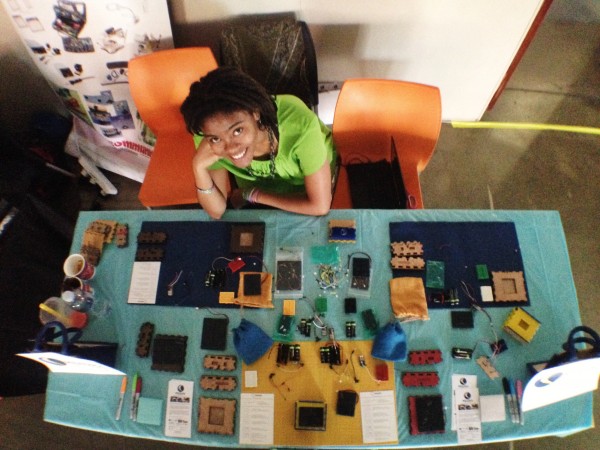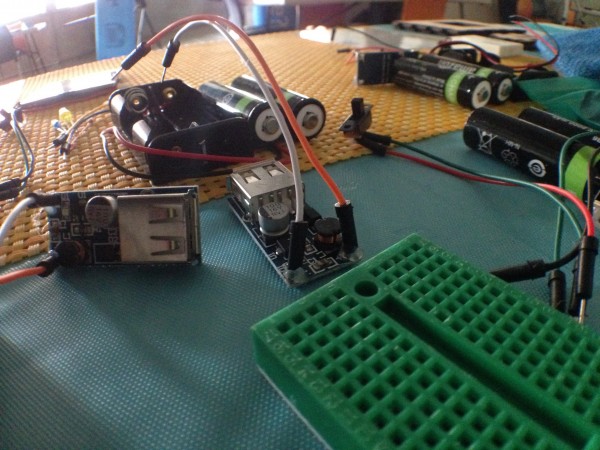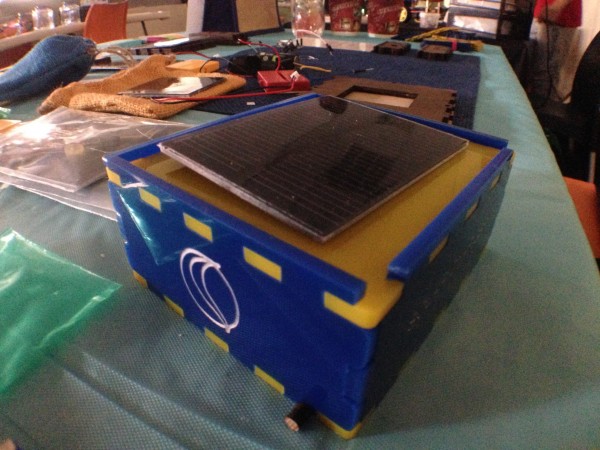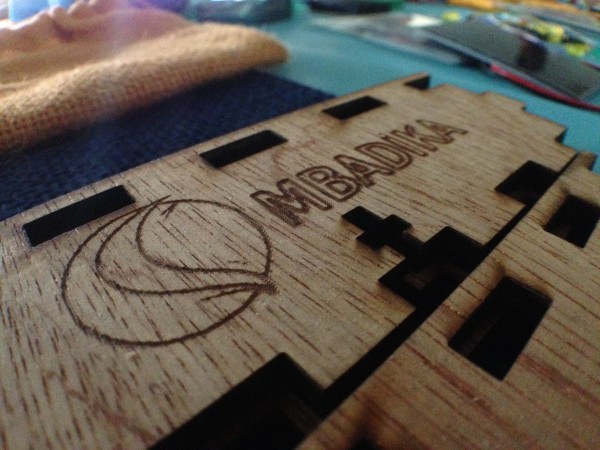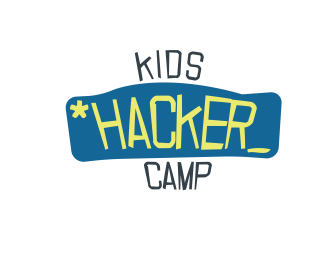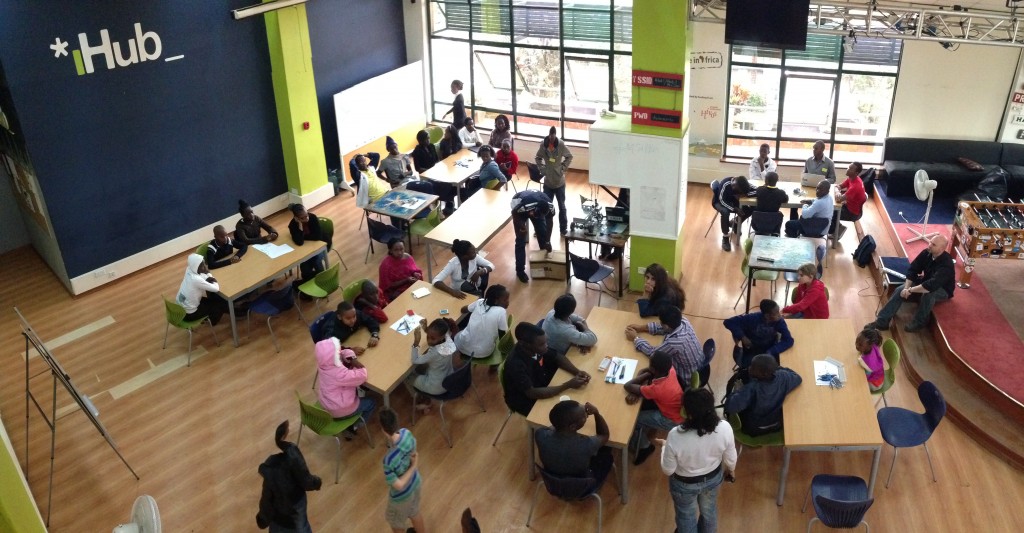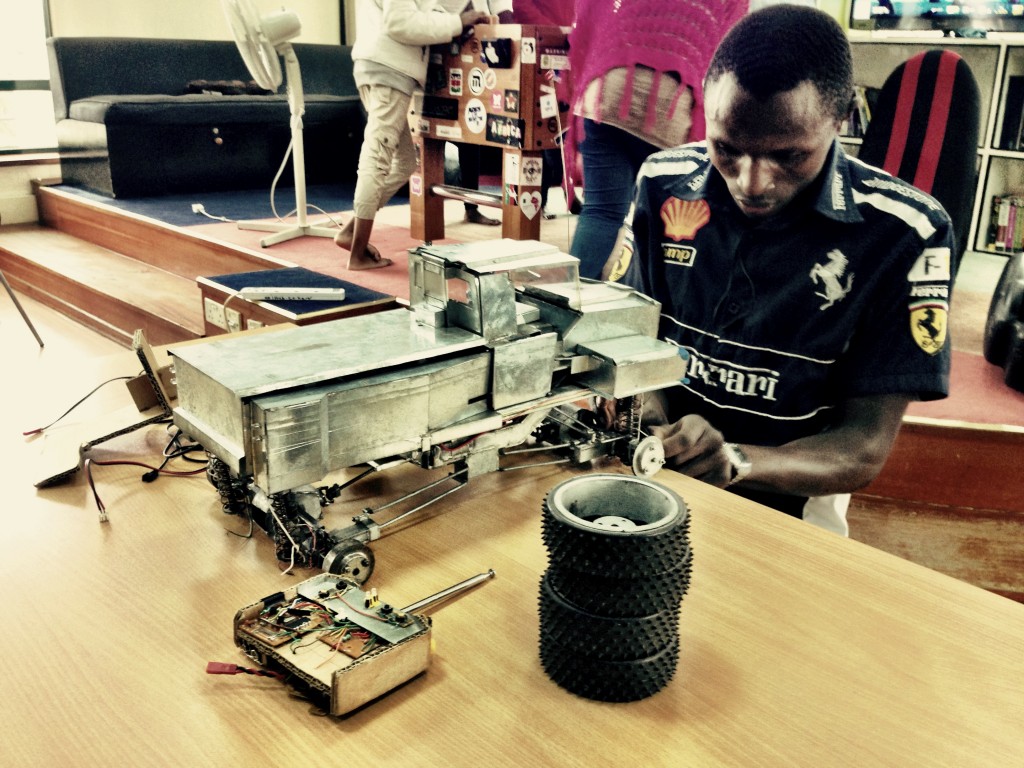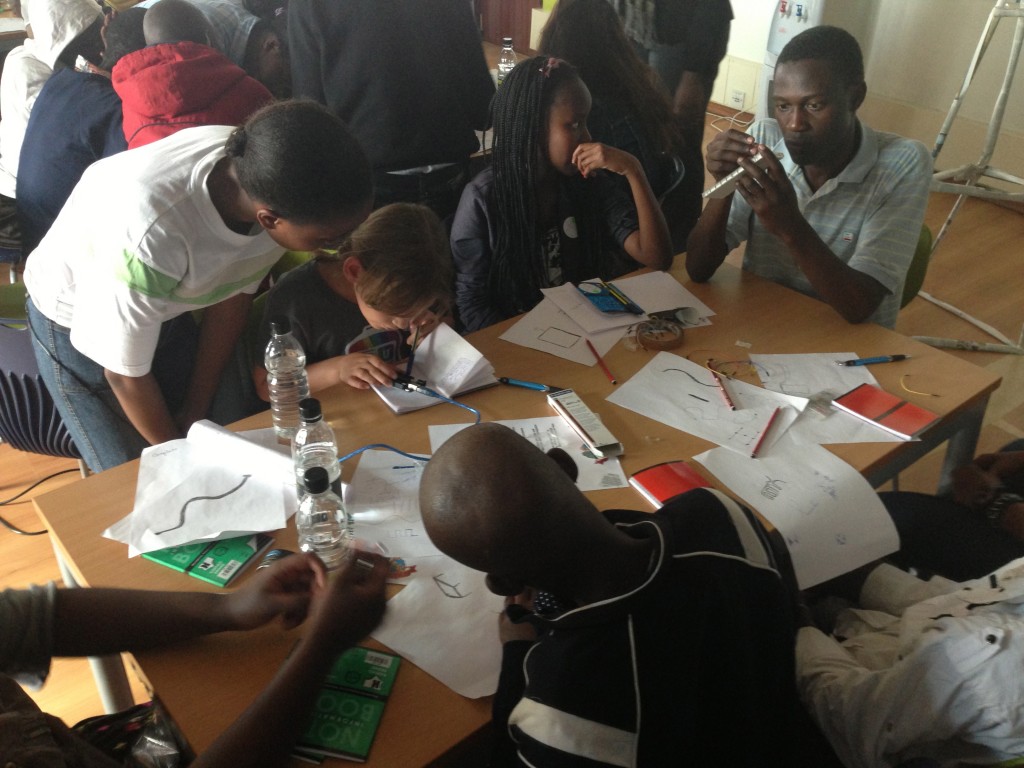I met Netia McCray at Maker Fair Africa yesterday. She’s an MIT grad who’s working on a project called Mbadika (it means “idea” in the North Angolan language of Kimbundu), which is about teaching kids the basics of electronic prototyping. She does this using some very inexpensive solar-charging kits, designed to be put together and understood in an educational workshop, or on their own.
Mbadika is a new program, so they’re just getting off the ground themselves, however they’ve already taught 250+ kids in 6 countries.
As a father, I can appreciate the simplicity of this kit, having worked through some more complicated electrical engineering kits with my own children. There’s value in having something that is immediately buildable by a 10 year old that they can put to use right away. They can design/paint it how they like and make it their own.
You can help them out on the new South African crowdfunding site, ThundaFund.
